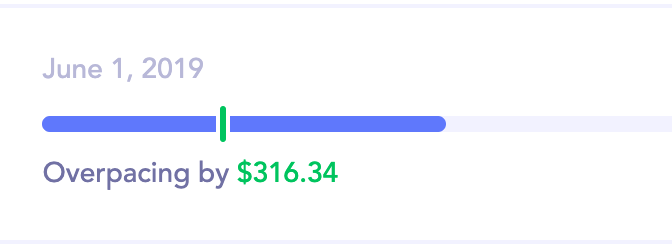The premise is that every product is derived from or is moving towards a particular kind of innovation.
More 👇
And maybe it's just ONE method startups can use to create a viable business and position themselves well with a truly innovative product.
👇 Here's an attempt to describe a framework for thinking about it
New technology, model, or brand for a market dominated by old, large incumbents.
Basically, innovate in an industry full of businesses who stopped innovating.
Example: @DollarShaveClub, @Intercom, @Webflow
Building on someone else’s product or customer base.
Basically, create for someone else's platform. Ride a wave. Build on new technology.
Example: Shopify Apps, Chrome Extensions, Mobile Apps, Slack Apps, Wordpress Plugins
Replace a spreadsheet, document, or record.
@TheCoolestCool's "Unbundling Excel"
Example: @Baremetrics, @QuickBooks, pretty much anything/everything honestly
foundationinc.co/lab/the-saas-o…
Replace a person or manual process.
@aprildunford: "Your product might be easy to use, but not easier than having an intern do it."
Example: @buffer, @Workable, @Baremetrics Recover & Cancellation Insights
Turn custom software into something turnkey and managed.
Businesses both small and large build custom software to save money or do something that isn't possible with an out-of-the-box product.
Example: @rightmessageapp, @basecamp, @NomadList,
Modify and differentiate general software for a specific underserved subset of the market.
"CRM for ___," "marketing automation for ___," "check-in software for ___," etc.
Example: @mindbodypowered, @uplaunch, @CopperInc, @clubhouse
Expand a product offering or feature set to replace more and more complementary tools.
The all-in-one's, end-to-end's, and multi-product suites.
Example: @NotionHQ, @intercom, @close, @salesforce, @HousecallPro
What's missing?
Is this a viable way of thinking about products?
How can it be phrased/worded better?
Is it helpful?







